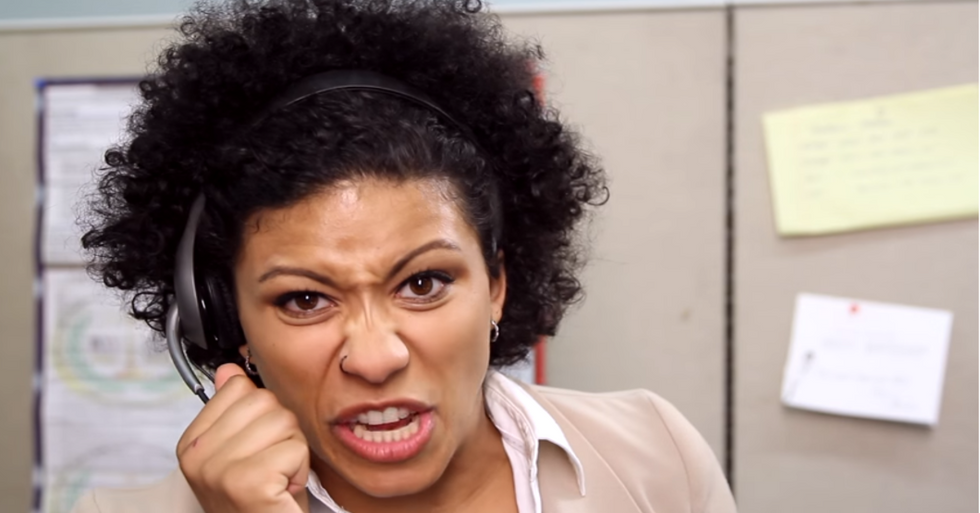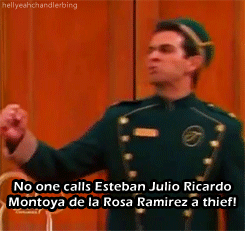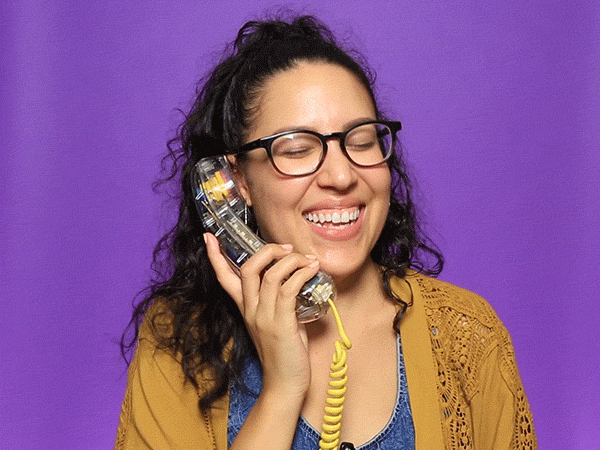Yesterday, I volunteered for the second time at the Emily Griffith Technical College in Denver.
The EGTC offers many different programs, including many trade apprenticeships like iron working, plumbing, and a Certified Chef Apprenticeship. However, I have been helping out with the CRESL Program, or the Colorado Refugee English as a Second Language Program.
In 2010, Lutheran Family Services, a non-profit human service agency, resettled approximately 1,500 refugees in the Denver Metropolitan Area.
In the 1951 Geneva Convention relating to the Status of Refugees, a refugee was defined as someone who “owing to well-founded fear of being persecuted for reasons of race, religion, nationality, membership of a particular social group or political opinion, is outside the country of his nationality and is unable or, owing to such fear, is unwilling to avail himself of the protection of that country; or who, not having a nationality and being outside the country of his former habitual residence as a result of such events, is unable or, owing to such fear, is unwilling to return to it.”
It should be noted that this does not include people fleeing from economic or natural disasters.
The U.S. Immigration and Nationality Act of 1952 establishes the legal grounds for the admission and resettlement of refugees in the U.S. The U.S. admits 70,000 refugees per year, since 2013.
Refugees may be resettled in other countries as well, including Canada, Australia, Sweden and Norway.
I am helping in a 3rd level Speaking and Listening class. In the Emily Griffith CRESL Program, students work through five levels of proficiency. Level one focuses on literacy, and level five is considered “High-intermediate/Advanced’. The class has around five students in each class, all women, four from Iraq and one student from Cuba.
The students work hard, through culture shock and disillusionment. Some of them have only been here for a month or two, and they are beginning to miss their homes. A teacher explained to me that many of the students from the Middle East have lost an affluent life. They are educated, in some cases doctors and engineers. Now they are immersed in a new culture, starting from scratch, struggling with a language far different from Farsi or Arabic. Imagine being an American doctor, and upon fleeing from war, being resettled in a foreign country and taking a job as a taxi driver.
The students do not have to pay tuition for up to 5 years after their date of arrival in the United States. After five years, they are eligible to take the citizenship test.
Volunteering for Emily Griffith Technical College is a good opportunity in many ways, especially if you are interested in teaching ESL or language learning, or if you simply want to help out and make a difference in a refugee’s life. As the CRESL teacher explained to me, you will learn just as much from them as they will learn from you. EGTC is also very flexible with a busy college schedule.
Lutheran Family Services (303-980-5400) and the African Community Center Safari Thrift (303-722-4500) accept donations like DVD players, microwaves, and children’s books or larger items like furniture or kitchen supplies for refugee families.















































